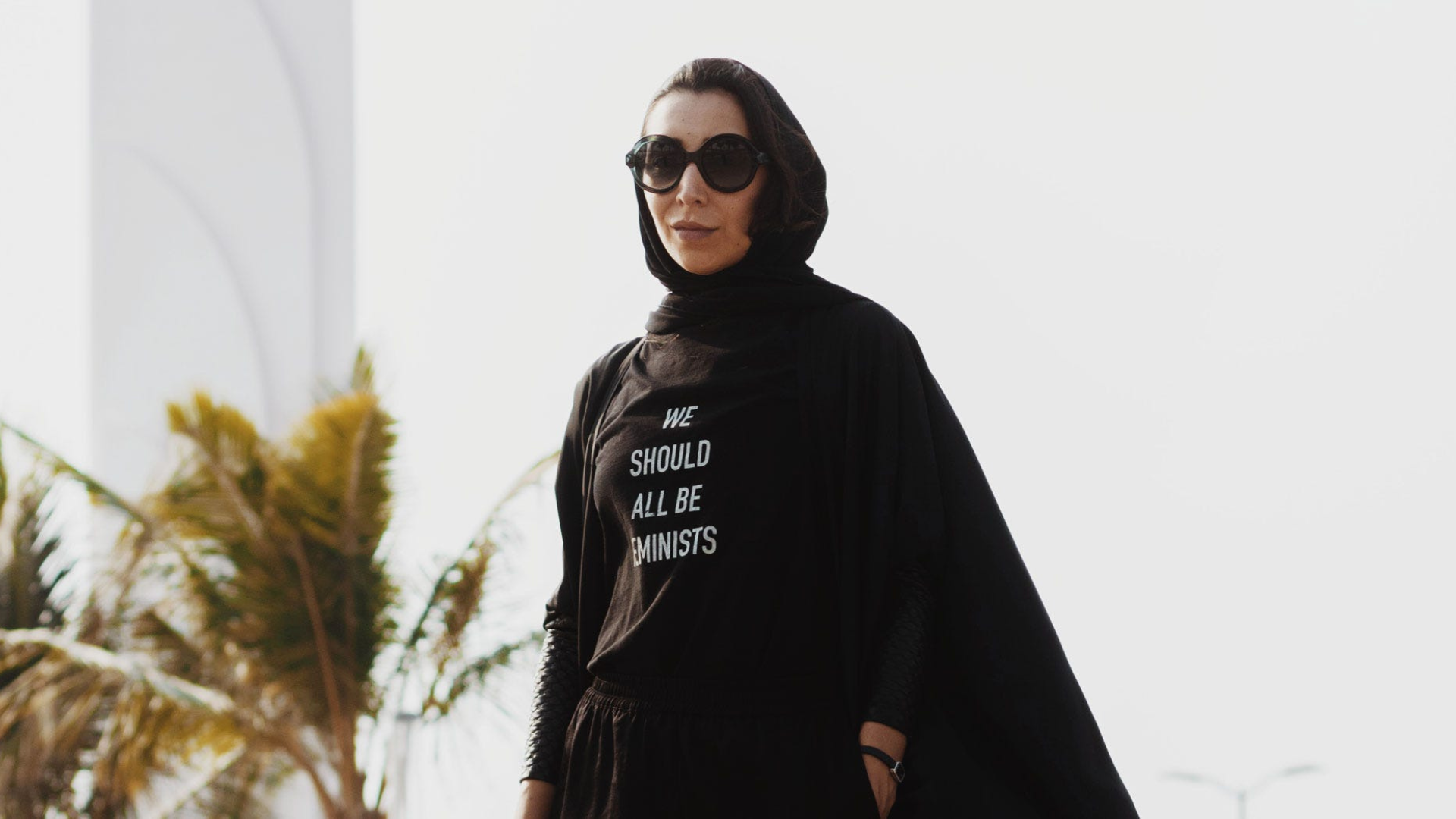Newsfeed

Saudi Arabia’s relentless growth in the field of diversity and inclusion is a reform that’s being noticed and celebrated.
Adding more to a series of unyielding devotion to boost women in leadership roles, the Shura Council, spearheaded by His Majesty King Salaman bin Abdulaziz Al Saud, proudly welcomes a roster of 19 women to the council.
With newly appointed female members, such as Dr Arwa Al Rashid, a consultant in healthcare and Dr Amal Qattan, a scientist in the Department of Molecular Oncology, this calls to attention the importance of gender inclusion in the Kingdom of Saudi
Changes For Women Under Crown Prince Mohammed Bin Salman’s Leadership
Already transforming the Kingdom in substantial ways, HH Prince Mohammed Bin Salman has spearheaded reform for Saudi women across different facets of life.
Since the early 1980s, the female population of Saudi Arabia have not been permitted to operate a vehicle. But in September 2017, MBS officially revoked the ban, allowing women behind the wheel for the first time in decades.
Not only that, MBS made waves in self-expression. As of 2018 the crown prince also has officially given women the choice to wear the hijab/abaya. Once a mandatory law, women are legally not required to wear any sort of head covering unless within religious sites.
In conjunction with dissimilarities in wages, a discrepancy between the amount of men in high-power places versus women also exists across societies. Setting out to change that however, MBS has placed many royal and influential women in high-regarded roles. For instance, in 2013, HH Princess Reema Bint Bandar became the first woman to serve as the President of the Saudi Federation for Community Sports.
What is the Shura Council?
The Shura Council, also known as Majlis al-Shura, is a legal body assigned to advise King Salaman bin Abdulaziz Al Saud on matters related to the Kingdom of Saudi.
Currently housing 150 total members, it functions under the leadership of the main and official Speaker of the Council, H.E Dr Abdullah Mohammed Ibrahim Al-Sheikh.
It includes 12 committees that deal with a myriad of affairs, such as human rights, education, culture, information, health and social affairs, public utilities and other facets.








